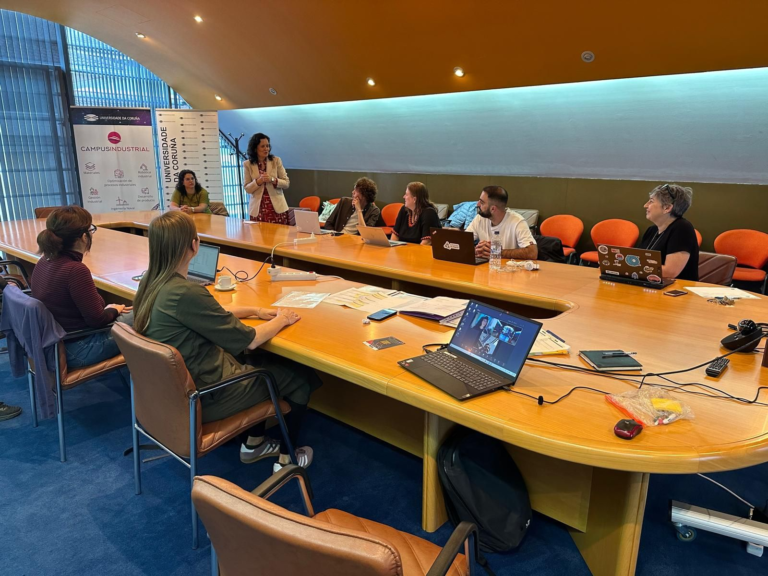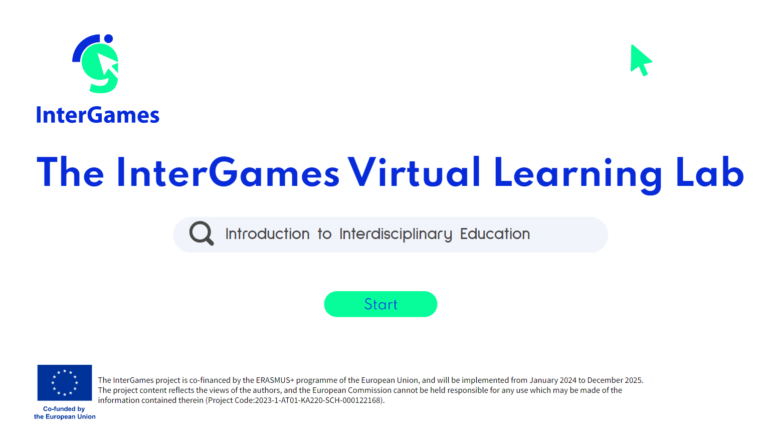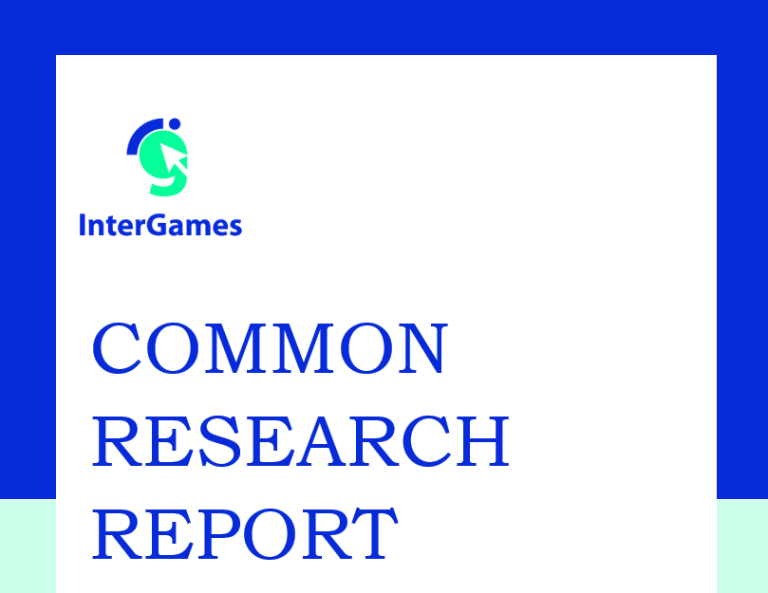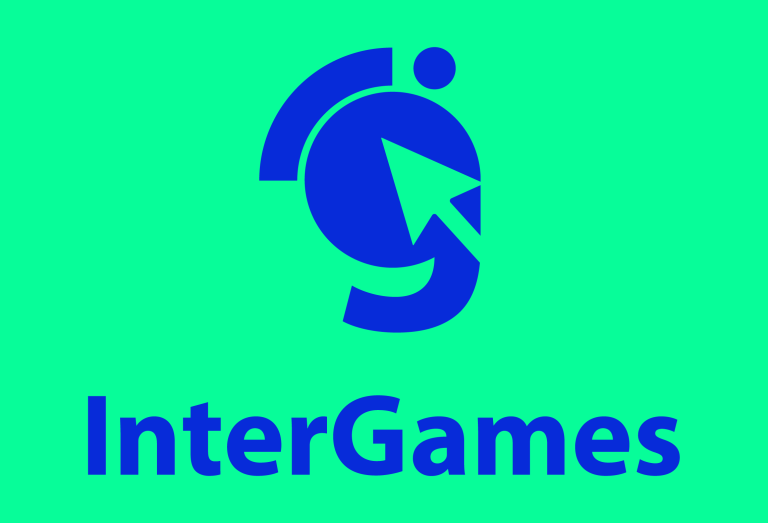InterGames Project Meeting - October 2024
Last October, members of the InterGames project from the different countries involved met at the University of A Coruña’s Industrial Campus in Ferrol, Spain. During this working session, the participants addressed key issues for the progress of the project, following an agenda that divided the day into different thematic sections.
The meeting began with the welcome and arrival of the participants at 9:00, followed by an update on the translation process of the Micro-Challenges and the Virtual Learning Platform (VLL), where the C.I.P. team reported on the latest progress and any necessary adjustments to the delivery schedule.
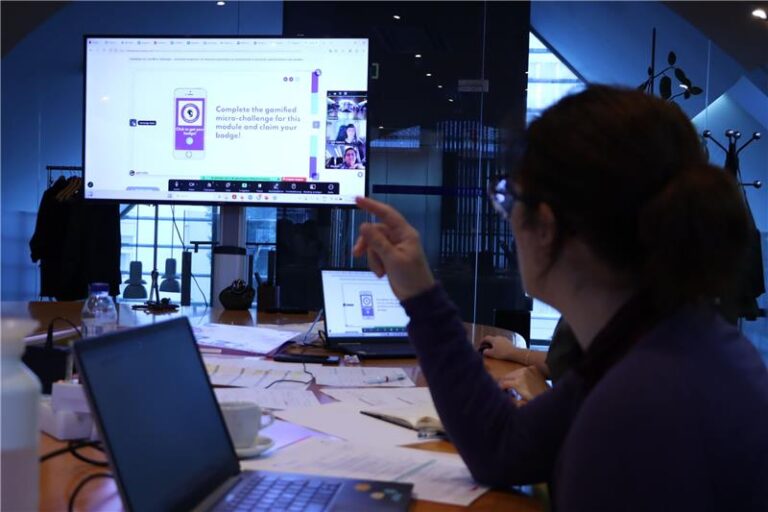
There was a strong focus on the technical development of the VLL on the website, where participants discussed methods for collecting and organising feedback from quality reviewers. The Impact and Advisory Board was also covered, including the structure of meetings and the questions needed to gather effective feedback.
The development of pedagogical sequences and the pilot phase were then discussed. Südwind presented an initial framework and proposed a task structure for the implementation of the sequences in different contexts, with particular emphasis on the feedback collection process and evaluation using key performance indicators.
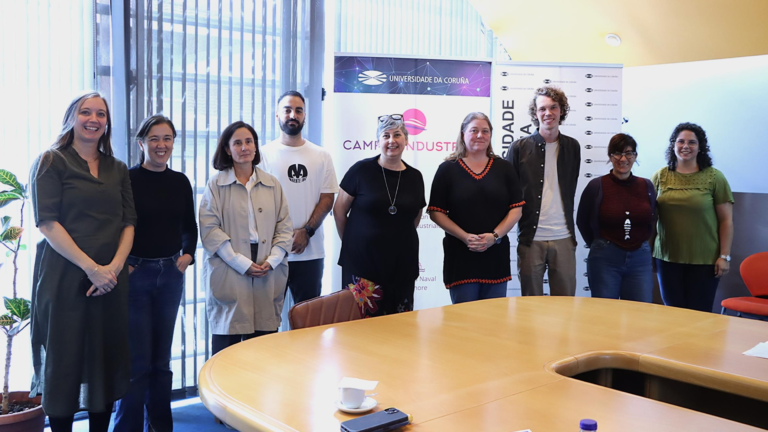
In the afternoon, participants defined the timeline and milestones for the coming year, planning bi-monthly online meetings and the next partnership meeting (TPM 3) to be held in Austria. They also discussed dissemination and quality assurance strategies, with a possible coordination of bilateral meetings to strengthen collaboration between work package leaders.
The day ended with a session on reporting and delivery templates, reviewing key deadlines and coordinating responsibilities for future joint events. This meeting in Spain marked significant progress towards the goals of InterGames and laid a strong foundation for collaboration in the coming year’s collaboration.
This meeting was funded by the European Union, though the opinions expressed in the project are solely those of the authors and do not necessarily reflect those of the funding agencies.
